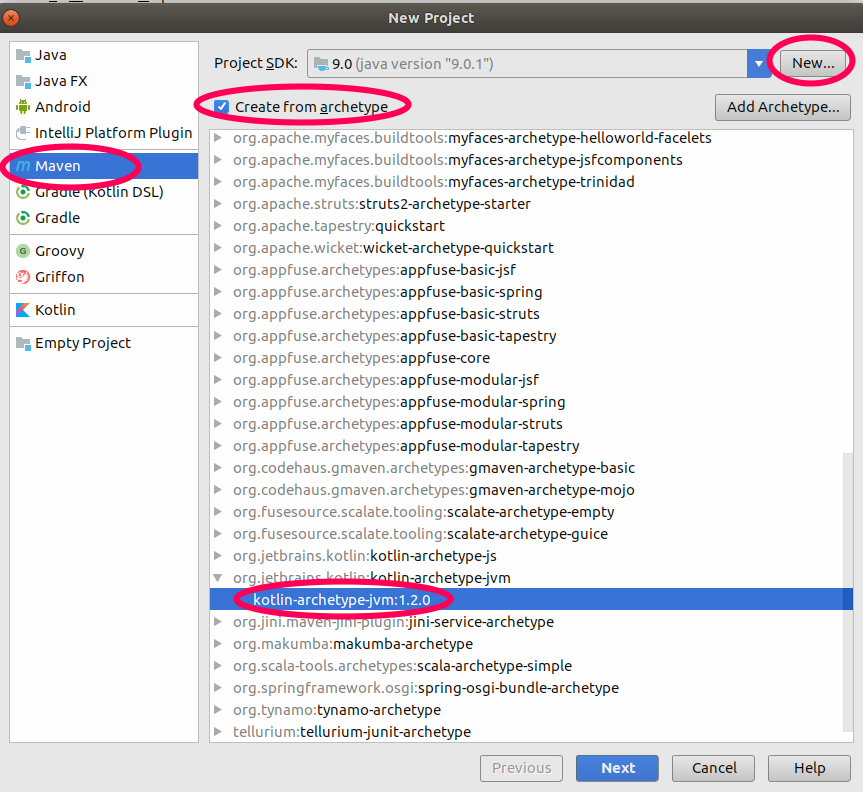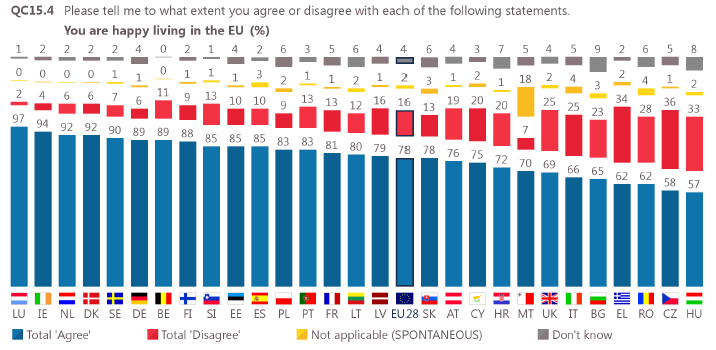Pippa Malmgren has written a list on LinkedIn: Through the Looking Glass: We've Reversed our Views on Every Civic Value : Why? on what debt in society may have contributed to. Below are my answers:
Restraint was good and excess was bad. Now excess inspires – witness the Kardashians and the gold fixtures throughout Trump Tower.
Excess used to be more marketable when mass communication ruled. With mass communication everything becomes idealized: The strongest, the most beautiful, the most lavish (Kim Veltman has written on this, although I cannot find the exact paper now). Internet tempers this. For one example, note people's preference for e.g. amateur porn.
Careers were good. Job hopping was bad. Loyalty to firms is considered crazy now because they are not loyal to you (because the debt means they have to cut costs). Now job hopping is good because you get to spread the risk that you’ll be hurt by any one of your employers.
Debt actually delays a transformation of the economy. If debt would be correctly taken care of, job hopping caused by restructuring would increase tremendously as a consequence.
Truth was good. Lying was bad. Now we live in a "post truth" world where we admire crafty wordsmithing, weaponization of words, clever messaging. We know the names of the previously anonymous spin crafters these days.
This is largely a consequence of communists shifting tactics to "post modernism", basically attacking anything that is constructive, in hopes of diminishing the center and getting a stand off (street fights) with the extreme right. As to why communism remains popular, it probably has to do with the promise of IYIs being bosses in a brand new world. Many intellectuals are acutely uncomfortable with pluralism, markets. They want to feel in control and think people are taking them for a ride with free markets, freedom of speech and so on. The reason commies remain influential is due to Taleb's minority rule. Specifically they are more coherent and focused.
Traditional religion was good and alternative religions were suspect. Now alternative religions gain followers and adherence to any one established local religion is considered a mark of small mindedness. People search for truth in the self-help section of the bookstore.
Religions go through rejuvenations every now and again. Organized religion can sometime lose track of its message and will need some competition.
Savings was good. Now Spending is "good": The Financial Crisis (and its inflation invoking solutions) punished savers and encouraged us to borrow given low interest rates. Debt is so good that governments tell us you can fix the debt problem by adding more debt and by endlessly postponing its repayment.
Yeah, seems about right!
Mainstream Media was trusted. Now clickbaiting plus political bias has caused us to trust Wikileaks and alternative news sources more.
This is caused by the Internet, not by debt.
Thoughtful, measured responses used to be good (think Bertrand Russell). Now, no one has time to listen and they cannot understand or agree on the meaning of the words. Twitter beats Editorials. Soundbites beat nuanced explanations.
Question is, how many listened to Russell back in the day? It's a bit like musing over how good music used to be, but if you actually listened to a recording of what fare was served music-wise, it is clear that most was rubbish. It can be argued that we now have the most intellectual popular culture fare in history.
Experts were good. Idiots were bad. Now Nassim Taleb calls experts “Intellectual Yet Idiots”. We now like to watch reckless idiocy from comics to reality TV to other arenas.
This is also caused by the transparency, and confusion, of the Internet.
Torture was bad. Now torture is good (necessary). The Red Cross has found that more and more people now support torture under certain conditions.
This is a combination I think of not having been exposed to war for some time, and being enveloped in reality distortion bubbles of the Internet, not understanding that what goes around, comes around.
Debate was good. Now debate is bad. Opposing views must be silenced, not entertained. Free Speech was good. Now, Free Speech is bad. The view that "Speech should only be free if we agree with it" gains prevalence.
This is a worrying trend and may be linked to debt insofar as it belies a world view where trying things is not safe. And, post modernism of course.
Marriage was Good. Promiscuity was Bad. We are shocked by marriages that last and admire those who succeed in the promiscuous life and who have multiple marriages. We treat people as disposable items that you simply swipe right for and counsel people to try and have sex without attachment. The media not only condones this but provides detailed explanations to under-age children (witness the outcry over the Teen Vogue Guide to Anal Sex).
This has a lot to do with the liberation of women (marriage benefits men more than women, it seems so women are progressively less keen on it), but may also be caused by debt insofar that the debt society creates an unequal society with worrying interpersonal power dynamics.
Being an individual with self-confidence was good and admirable. Now, being an individual is only good and admirable if enough others confirm it through social soring. Self-confidence is suspect. We admire those who are “liked” and who have many “followers”.
This is caused by the Internet and its ability to give more power to some, both through these people having greater abilities but also due to a network effect. The network effect was already in place and much stronger, during the age of mass communication though.
Learning was Good. Now Learning is bad. Instead, we admire clever “hacks” and shortcuts that don’t waste time because knowledge is easy/ not hard
This is caused by post modernism, and debt could actually come to think of it be a post modern phenomenon!
Scoring people was bad. Now scoring people is good. Scoring a person on attractiveness or “hotness” was bad. Now we like high scoring people and entities - the Facebook effect. China’s new Social Credit Scoring system (an Uber for people) is announced almost without comment.
Again, the network effect, but now we can do the scoring ourselves instead of e.g. the BBC saying who is "hot".
Reading was good. TV was bad. Reading is now seen as a rare, time consuming, seemingly not necessary pastime. Instead, TV now (Netflix) has the best writing and pay scale in the entertainment industry and we admire free YouTubers and Instagrammers
People read immensely on the Internet. And they write!
Spying was Bad. Now, spying is good. After 911, spying was transformed. Instead of aiming at bad individuals, state intelligence aims their efforts at everybody (good or bad) in the hope of catching somebody bad (Prism, Echelon).
It's actually gone the other way, spying is now bad due to campaigns from e.g. Wikileaks. However spying capacity has increased massively, due to a faulty application of technology. Not sure what societal forces to blame there.
Science was good. Now, science is bad. Are scientists willfully trying to make holes in the universe with quantum efforts (thinks of CERN and DWave) or in DNA with the genome? With the advent of AI and robotics, everyone worries about whether robots and AI science will help or hurt us. Note the many warnings from prominent scientists like Stephen Hawking and Elon Musk about unleashing uncontrollable forces.
Biotech is very worrying, with or without debt: Self replicating invasive species.
Technology was Good. Now, technology can be bad.Your IPhone was supposed to make life easier. Now it is your life, which is good and bad.
Improperly applied technology, again unsure of what to blame.
Multilateral was good and bilateralism was bad. Now, this has reversed.
This may be a sign of almost apocalyptic changes, the feeling that most will lose out massively and you have to save yourself. It could also be a sign that some areas of the world are economically important and others not. Not sure about this one. However debt could distort the usefulness you have of multilateralism, maybe.
Price stability was good and inflation was bad. Now we hope for moving prices and desire more inflation.
Yup, the central banks may be in the process of blurring the concept of money. It's now more like points in a computer game. Very post modern.





